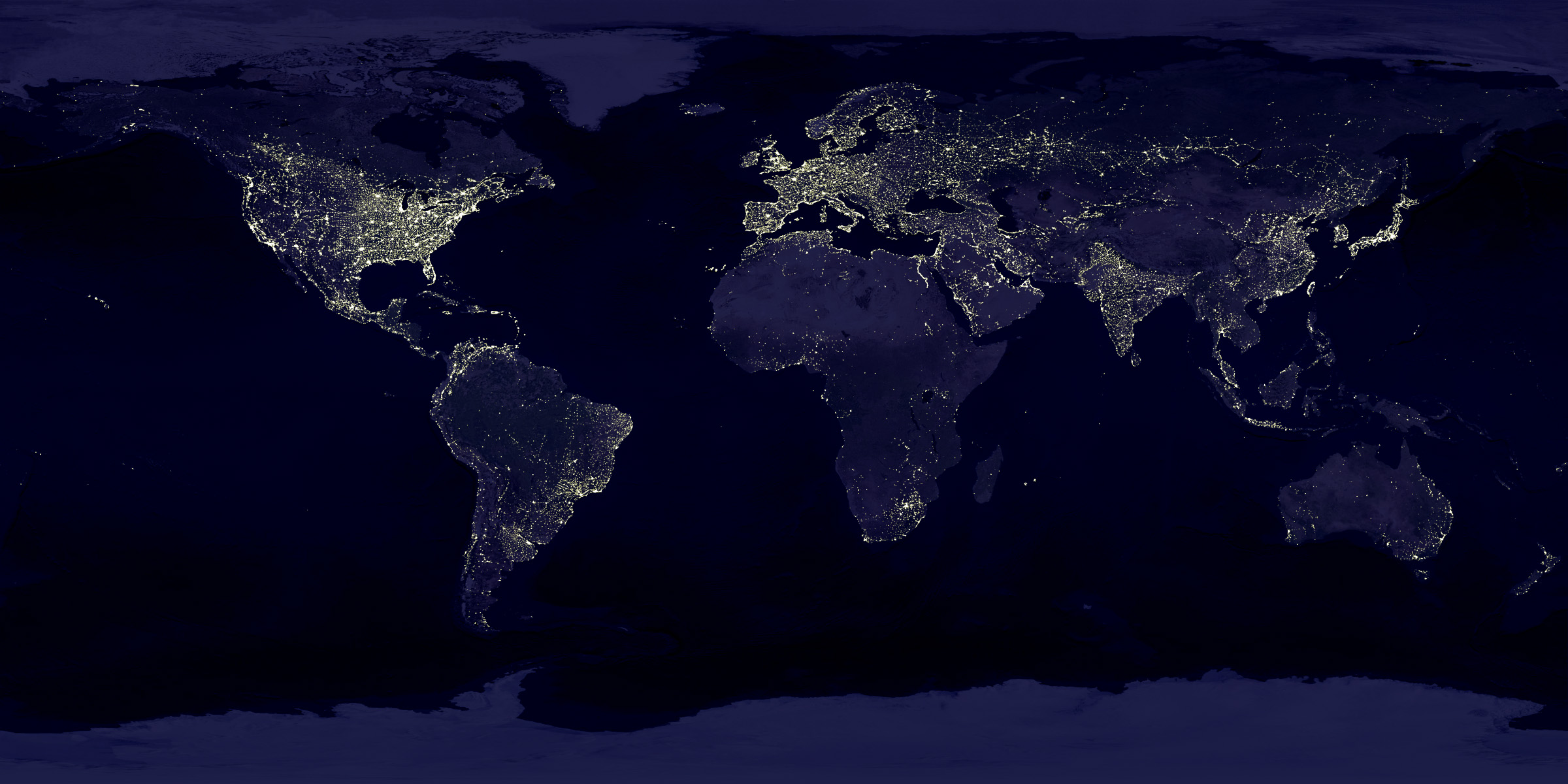Private education is stepping in where the state leaves off
DOGS AND emaciated cows pick their way through the rubbish dump that marks the visitor’s arrival in Sangam Vihar, an “unauthorised colony” amidst the sprawl of south Delhi. It sprang up without planning permission and now houses 1.5m people. The government offers very little in the way of services. Water arrives in trucks run by gangs whose members have a habit of murdering each other. Education is provided by four government schools and around 100 private ones, according to Sushil Dhankar, who runs Hari Vidya Bhawan School.
At Mr Dhankar’s smart, modern establishment in an alley off the grubby main street, pupils in spotless cream uniforms welcome the visitor with floral garlands. The school was set up by Mr Dhankar’s father, who begged his son to return from a job in accountancy in Australia to help run it. Mr Dhankar’s sister runs the primary school and his wife the secondary one. It is a flourishing enterprise with 2,000 students from 4 to 18 and an average result in the Central Board of Secondary Education exam of 86%, slightly above the national average. Fees range from 850 rupees ($12) a month for the little ones to 1,800 rupees for the oldest. By Indian standards, this is not cheap. But local parents, mostly labourers or drivers earning around 500 rupees a day, are prepared to make sacrifices, says Mr Dhankar: “They don’t want...























